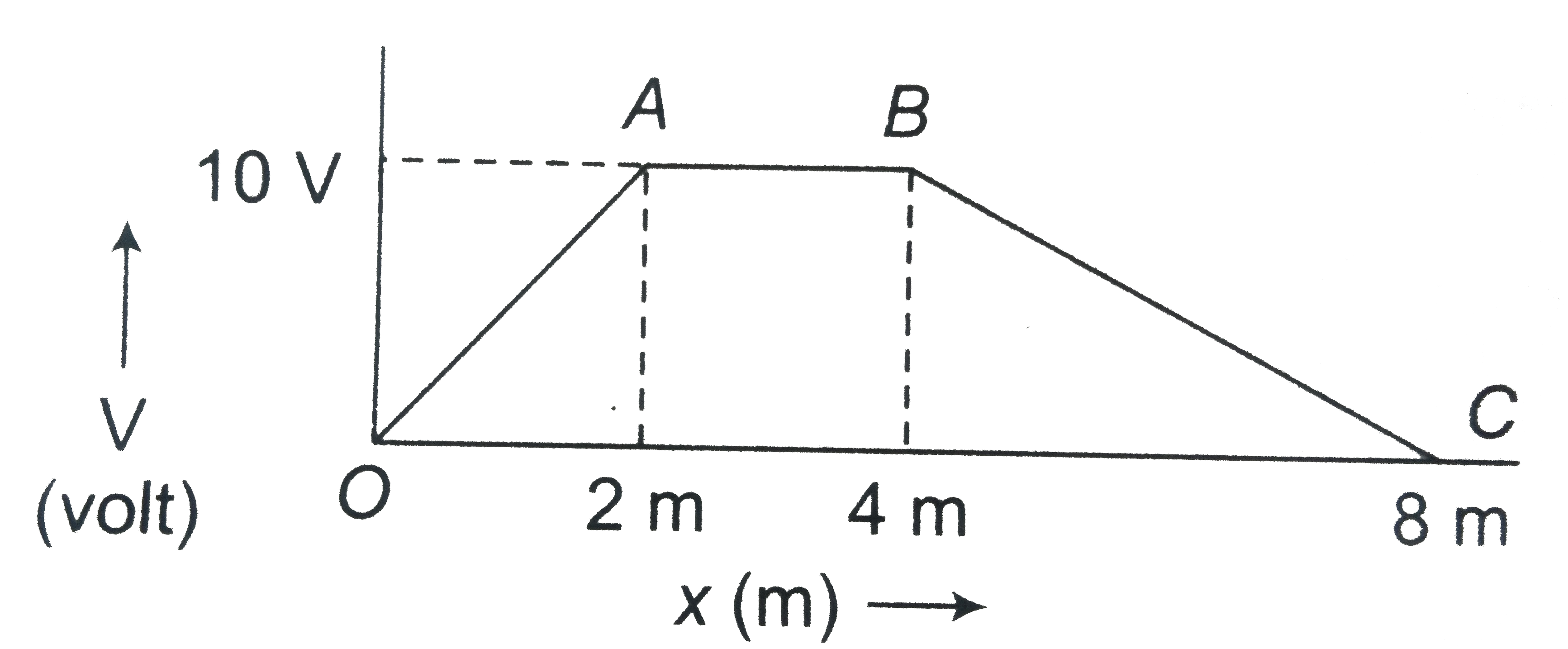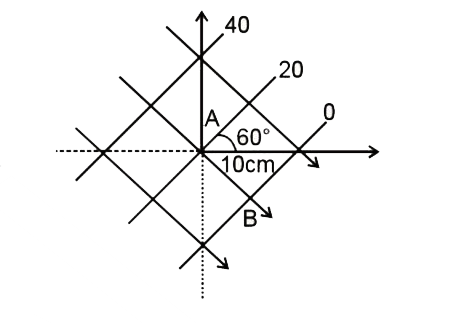In case of linearly polarised light, the magnitude of the electric field vector
does not change with time
varies periodically with time
increases and decreases linearly with time
is parallel to the direction of propagation
The correct Answer is:B
Step by step video, text & image solution for In case of linearly polarised light, the magnitude of the electric field vector by Physics experts to help you in doubts & scoring excellent marks in Class 12 exams.
Updated on:21/07/2023Topper's Solved these Questions
Similar Questions
Knowledge Check
Unpolarised light consists of electric field vectors in
Aany one planeBplane of paperCperpendicular to plane of paperDall posible planesFor linearly polarized light the plane of polarization is
APerpendicular to both the direction of polarization and the direction of propagationBPerpendicular to the direction of polarization and parallel to the direction of propagationCParallel to the direction of polarization and perpendicualar to the direction of propagationDParallel to both the direction of polarization and the direction of propagationA : In an EM wave the magnitude of the electric field vector is more than the magnitude of the magnetic field vector.
R : Energy of the EM wave is shared equally between the electric and magnetic fields.AIf both Assertion & Reason are true and the reason is the correct explanation of the assertion, then mark (1)BIf both Assertion & Reason are true but the reason is not the correct explanation of the assertion, then mark (2)CIf assertion is true statement but Reason is false, then mark (3)DIf both Assertion and Reason are false statements, then mark (4)
What is meant by polarised light ?
View SolutionWhat is elliptically polarised light ?
View Solutiona proton placed in an electric field would experience an electrical force equal to its weight. the magnitude of electric field intensity E would be
View SolutionIn the following graph , the magnitude of maximum electric field is

View SolutionAssertion: If we see along the axis of a chaged ring, the magnitudeof electric field is minimum at centre and magnitude of electridc potential is maximum.
Reason: Electric field is a vector quantity while electric potential is scalar.
View Solution

